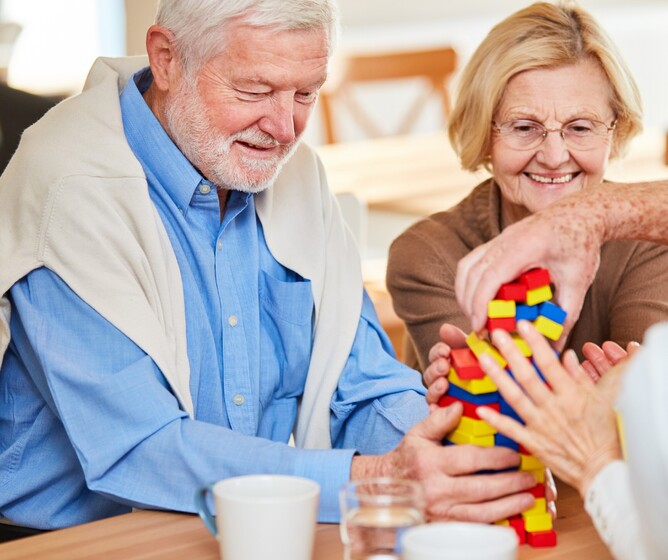Occupational Therapy and Aging: Improving Quality of Life for Seniors
As we age, our bodies and minds change. These changes can sometimes make it difficult to perform everyday tasks that we once took for granted. Occupational therapy can help seniors maintain their independence and improve their quality of life by helping them adapt to these changes.
What is Occupational Therapy?
Occupational therapy is a healthcare profession aimed at improving individuals' ability to engage in daily activities, known as Activities of Daily Living (ADLs). These activities encompass self-care, mobility, communication, and community engagement. For seniors, OT becomes particularly valuable as age-related changes or health conditions may hinder their ability to perform these tasks independently.
Occupational therapists conduct comprehensive assessments to identify seniors' specific challenges and capabilities. Based on these assessments, personalized treatment plans are developed to address functional limitations and promote independence. This proactive approach includes recommending assistive devices, modifying environments for safety and accessibility, and teaching adaptive techniques to facilitate daily routines.
Enhancing Daily Living Skills
The core focus of occupational therapy for seniors is enhancing daily living skills. This involves equipping seniors with the tools and techniques necessary to maintain independence in activities such as grooming, dressing, cooking, and household chores. Occupational therapists assess mobility and strength, providing exercises and training to improve physical capabilities.
Furthermore, OT interventions extend to recommending and facilitating the use of assistive devices. These devices range from simple aids like grab bars and adaptive utensils to more complex equipment such as wheelchairs or mobility scooters. Modifications to the home environment, such as installing ramps or adjusting furniture heights, are also common strategies to enhance safety and accessibility.
By empowering seniors with new skills and adaptive strategies, occupational therapy enables them to navigate daily challenges more effectively. This not only promotes independence but also enhances overall quality of life by reducing frustration and increasing confidence in their abilities.
Promoting Cognitive Health and Emotional Well-being
In addition to physical support, occupational therapy plays a crucial role in promoting cognitive health and emotional well-being among seniors. Cognitive decline is a significant concern in aging populations, impacting memory, decision-making, and problem-solving abilities. Occupational therapists employ cognitive rehabilitation techniques to maintain and improve cognitive function through structured exercises and memory aids.
For seniors facing conditions like dementia or Alzheimer's disease, OT interventions focus on managing symptoms and maximizing cognitive abilities. Therapeutic activities may include puzzles, memory games, and sensory stimulation exercises designed to stimulate neural pathways and maintain mental acuity.
Beyond cognitive health, occupational therapy addresses the emotional well-being of seniors. Many older adults experience feelings of isolation, depression, or anxiety due to health changes, loss of independence, or social disconnection. Occupational therapists work collaboratively with seniors to identify meaningful activities and social engagements that promote emotional resilience and a sense of purpose.
Conclusion
Occupational therapy is a valuable resource for seniors who are looking to maintain their independence and improve their quality of life. If you are a senior or a caregiver for a senior, please consider talking to your doctor about whether occupational therapy could be right for you.
Holistic Strength is a team with qualified occupational therapists who can help you or your loved one achieve your goals and live a more fulfilling life. Contact us today to learn more about how occupational therapy can benefit you.
